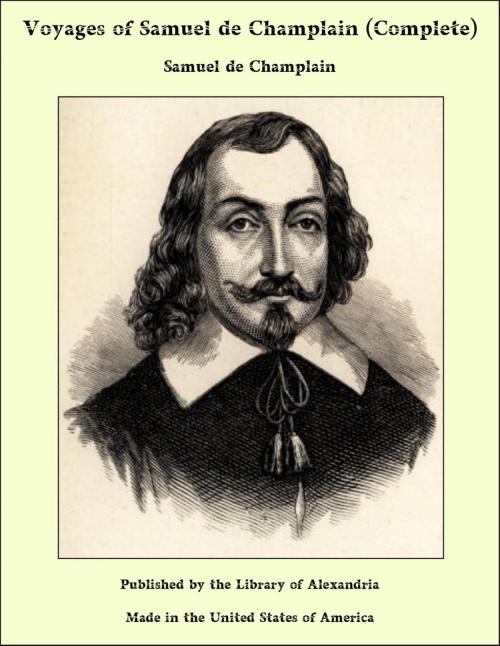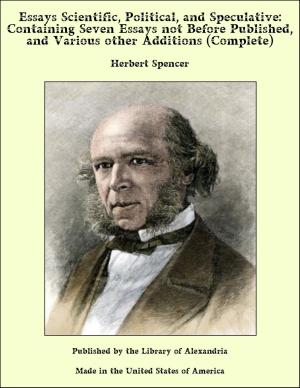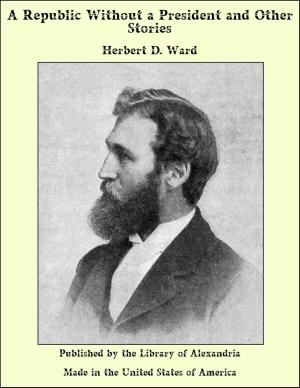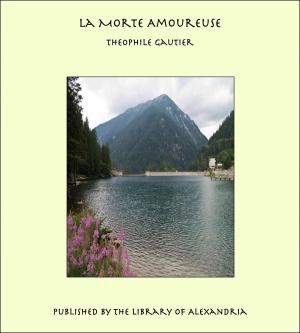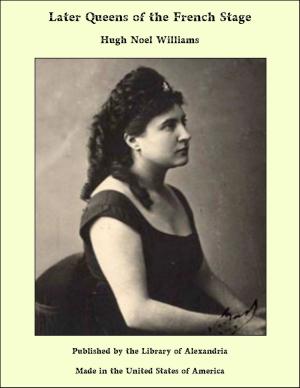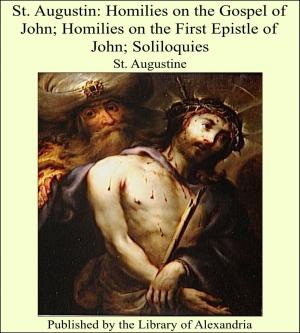Voyages of Samuel De Champlain (Complete)
Nonfiction, Religion & Spirituality, New Age, History, Fiction & Literature| Author: | Samuel de Champlain | ISBN: | 9781465539595 |
| Publisher: | Library of Alexandria | Publication: | July 29, 2009 |
| Imprint: | Library of Alexandria | Language: | English |
| Author: | Samuel de Champlain |
| ISBN: | 9781465539595 |
| Publisher: | Library of Alexandria |
| Publication: | July 29, 2009 |
| Imprint: | Library of Alexandria |
| Language: | English |
The labors and achievements of the navigators and explorers, who visited our coasts between the last years of the fifteenth and the early years of the seventeenth centuries, were naturally enough not fully appreciated by their contemporaries, nor were their relations to the future growth of European interests and races on this continent comprehended in the age in which they lived. Numberless events in which they were actors, and personal characteristics which might have illustrated and enriched their history, were therefore never placed upon record. In intimate connection with the career of Cabot, Cartier, Roberval, Ribaut, Laudonnière, Gosnold, Pring, and Smith, there were vast domains of personal incident and interesting fact over which the waves of oblivion have passed forever. Nor has Champlain been more fortunate than the rest. In studying his life and character, we are constantly finding ourselves longing to know much where we are permitted to know but little. His early years, the processes of his education, his home virtues, his filial affection and duty, his social and domestic habits and mode of life, we know imperfectly; gathering only a few rays of light here and there in numerous directions, as we follow him along his lengthened career. The reader will therefore fail to find very much that he might well desire to know, and that I should have been but too happy to embody in this work. In the positive absence of knowledge, this want could only be supplied from the field of pure imagination. To draw from this source would have been alien both to my judgment and to my taste. But the essential and important events of Champlain's public career are happily embalmed in imperishable records. To gather these up and weave them into an impartial and truthful narrative has been the simple purpose of my present attempt. If I have succeeded in marshalling the authentic deeds and purposes of his life into a complete whole, giving to each undertaking and event its true value and importance, so that the historian may more easily comprehend the fulness of that life which Champlain consecrated to the progress of geographical knowledge, to the aggrandizement of France, and to the dissemination of the Christian faith in the church of which he was a member, I shall feel that my aim has been fully achieved. The annotations which accompany Dr. Otis's faithful and scholarly translation are intended to give to the reader such information as he may need for a full understanding of the text, and which he could not Otherwise obtain without the inconvenience of troublesome, and, in many instances, of difficult and perplexing investigations. The sources of my information are so fully given in connection with the notes that no Further reference to them in this place is required
The labors and achievements of the navigators and explorers, who visited our coasts between the last years of the fifteenth and the early years of the seventeenth centuries, were naturally enough not fully appreciated by their contemporaries, nor were their relations to the future growth of European interests and races on this continent comprehended in the age in which they lived. Numberless events in which they were actors, and personal characteristics which might have illustrated and enriched their history, were therefore never placed upon record. In intimate connection with the career of Cabot, Cartier, Roberval, Ribaut, Laudonnière, Gosnold, Pring, and Smith, there were vast domains of personal incident and interesting fact over which the waves of oblivion have passed forever. Nor has Champlain been more fortunate than the rest. In studying his life and character, we are constantly finding ourselves longing to know much where we are permitted to know but little. His early years, the processes of his education, his home virtues, his filial affection and duty, his social and domestic habits and mode of life, we know imperfectly; gathering only a few rays of light here and there in numerous directions, as we follow him along his lengthened career. The reader will therefore fail to find very much that he might well desire to know, and that I should have been but too happy to embody in this work. In the positive absence of knowledge, this want could only be supplied from the field of pure imagination. To draw from this source would have been alien both to my judgment and to my taste. But the essential and important events of Champlain's public career are happily embalmed in imperishable records. To gather these up and weave them into an impartial and truthful narrative has been the simple purpose of my present attempt. If I have succeeded in marshalling the authentic deeds and purposes of his life into a complete whole, giving to each undertaking and event its true value and importance, so that the historian may more easily comprehend the fulness of that life which Champlain consecrated to the progress of geographical knowledge, to the aggrandizement of France, and to the dissemination of the Christian faith in the church of which he was a member, I shall feel that my aim has been fully achieved. The annotations which accompany Dr. Otis's faithful and scholarly translation are intended to give to the reader such information as he may need for a full understanding of the text, and which he could not Otherwise obtain without the inconvenience of troublesome, and, in many instances, of difficult and perplexing investigations. The sources of my information are so fully given in connection with the notes that no Further reference to them in this place is required
